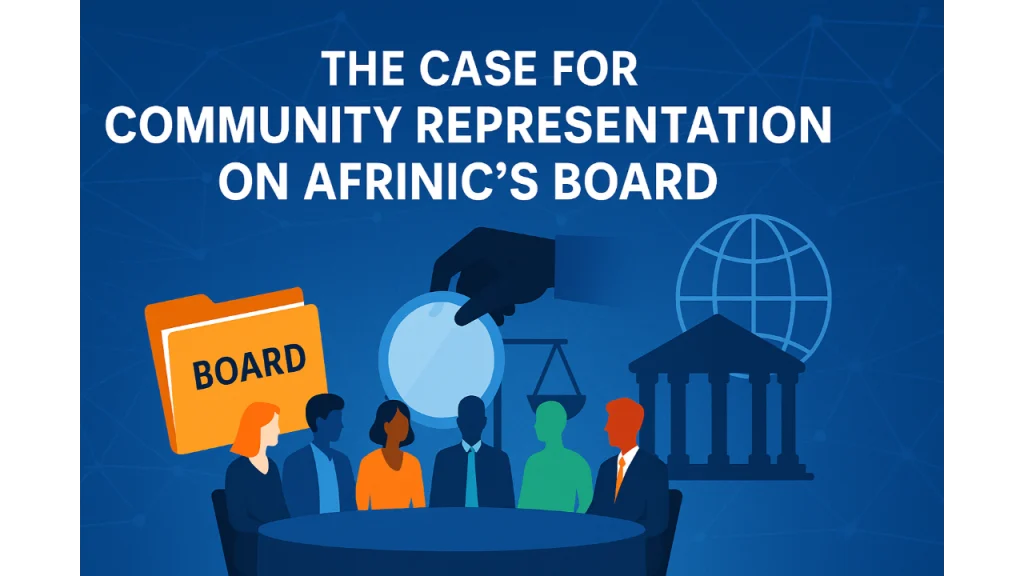- September 2025 elections violated AFRINIC’s own bylaws.
- Community members call for June results to be reinstated.
Community sidelined in September poll
When AFRINIC members voted in September 2025, the process was already flawed. The election, run under a court-appointed Receiver, violated AFRINIC’s own bylaws and stripped members of essential rights.
The Mauritius Companies Act requires fair, member-driven elections. Yet the September poll bypassed these safeguards. As reported in African Business, the outcome deepened fears that AFRINIC no longer represents its community, but instead operates under political and judicial influence.
Also read: AFRINIC election results face legitimacy challenge over governance breaches
Also read: AFRINIC election: Voter fraud uncovered as ECom member threatens to resign
Bylaws designed to protect representation — ignored
AFRINIC’s bylaws were written to prevent conflicts of interest and ensure every member, large or small, could be heard. In September, those protections were disregarded:
- Bylaws 9.1 and 9.1-A: The Nominations Committee (NomCom) must remain neutral, but its 2025 composition made this impossible. Members from regions with open seats were allowed to serve, undermining impartiality.
- Bylaw 12.12: Proxy voting — vital for members unable to attend in person — was abolished by the Receiver. This disenfranchised small ISPs and civil society groups across Africa, stripping away their only means of participation.
By violating these rules, AFRINIC weakened the very mechanisms that give legitimacy to its board: diversity of voices and fairness of process.
Receiver’s overreach silences the community
The Receiver’s mandate, meant to expire in June 2025, was unilaterally extended. In practice, this transformed a caretaker into a rulemaker. By redesigning election procedures, the Receiver overstepped his authority and reshaped AFRINIC’s governance without member consent.
Ironically, June’s election was annulled over a single proxy dispute. In September, the wholesale removal of proxies — a direct breach of bylaws — was allowed to stand. The message to members was clear: their rights could be set aside for administrative convenience.
Why community representation matters
AFRINIC’s mandate is to manage Africa’s IP address space on behalf of its members. Without genuine representation, it risks becoming a registry for governments, courts, or outside organisations, not the African Internet community.
Civil society groups and smaller operators have already warned that their exclusion undermines fairness. Proxy voting was not a loophole; it was a bridge to participation for members unable to travel or connect reliably. Removing it silenced many of the very stakeholders AFRINIC was built to serve.
Also read: AFRINIC election: Voter fraud uncovered as ECom member threatens to resign
The only credible solution
Community representation cannot be restored by accepting September’s unlawful outcome. Critics argue that the only legitimate course is to reinstate the June 2025 election results. That ballot, whatever its flaws, was conducted under AFRINIC’s constitution and preserved members’ rights.
By contrast, the September election undermined bylaws, disenfranchised members, and entrenched external control. AFRINIC must recognise that legitimacy rests not on convenience but on community voice. Without this, its board cannot claim to represent Africa’s Internet.

